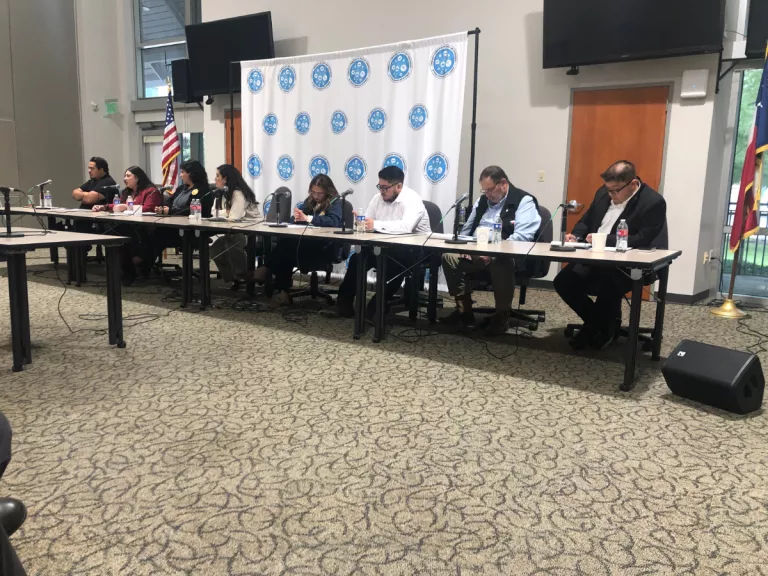Last month, the Office of Clean Energy Demonstrations (OCED) announced funding for two hydrogen hubs, including Texas’ HyVelocity Hub. Headlines touted $1.2 billion for the Gulf Coast region to help fund seven projects, part of a $2.2 billion nationwide investment.
But dig deeper, and you’ll find this isn’t a green light for construction or immediate funding. The announcement is part of Phase 1, allocating just $22 million to the HyVelocity Hub. This funding, managed by the Houston Advanced Research Center (HARC), is earmarked for planning, design, community benefit agreements, and public outreach - not steel in the ground. In reality, this initiative is being led by fortune 500 companies like Exxon, Chevron, and Air Liquide. You can learn more about the whole process here.

What is the HyVelocity Hub?
HyV is an industry-led Hub that includes six core industry partners - AES Corporation, Air Liquide, Chevron, ExxonMobil, MHI Hydrogen Infrastructure LLC, and Ørsted. These companies propose seven hydrogen development sites along the Gulf Coast, overseen by GTI Energy with partnerships from organizations like the University of Texas at Austin, HAVC, and the Center for Houston’s Future.
Learn more about these seven projects in this factsheet.
While promising on paper, these projects have raised concerns about transparency, environmental impacts, and meaningful public engagement.
Concerns Around HyVelocity
Many communities are rightly concerned about how the actual projects could impact their communities. Concerns include:
- Transparency and public input: Communities were not adequately engaged during the project’s initial phases
- Environmental risks: Hydrogen is highly volatile and could exacerbate existing pollution in already overburdened areas
- Equity and consent: Many frontline communities have voiced opposition, citing concerns about local health and environmental impacts
Sierra Club's Role: Engaging and Challenging
Sierra Club was one of 20 organizations that commented on the initial application and got a very sudden invitation to a virtual meeting with OECD in late November, 2024. Why? They wanted us to know that the HyVelocity Hub was approved, and the project would be getting some initial money and what the next steps would be. The reception from many frontline communities was rather frosty as the project has been criticized for the lack of transparency and the lack of public engagement. Many communities are rightly concerned about how the actual projects could impact their communities.
While hydrogen can be a clean energy solution, Sierra Club likes to say there is hope, hype, and hoax in the tiny hydrogen molecule. The details matter - greatly. Highly volatile, hydrogen can have large environmental and health impacts, particularly on communities that are already overburdened with pollution and industrialization. OECD did promise to hold another meeting after the announcement, and in fact they followed up with another invite for December 12, 2024.
Community-Driven Solutions
Communities aren’t waiting passively. The Texas Jobs Climate Project, an initiative of the AFL-CIO, is organizing a Community Commission on Truth and Transparency in Texas Hydrogen Development in Austin. This two-day event will feature experts, community leaders, and organizations like Sierra Club to discuss the potential promises and pitfalls of hydrogen development.
Hydrogen's Future: Hope, Hype, or Hoax?
Hydrogen could play a key role in transitioning to cleaner energy, but it’s not a silver bullet. Its future depends on:
- Rigorous oversight of corporate-led projects
- Ensuring benefits flow to communities, not just industry giants
- Organizing frontline communities and labor to demand transparency and accountability

Stay Engaged
The coming months will bring debates about hydrogen funding and tax credits under the new administration. Communities must stay vigilant to ensure hydrogen development serves the public good rather than posing new threats.
Sierra Club Lone Star Chapter will continue working alongside labor groups, community advocates, and policymakers to advocate for a just energy transition that benefits all Texans.
Sign up for our newsletter.